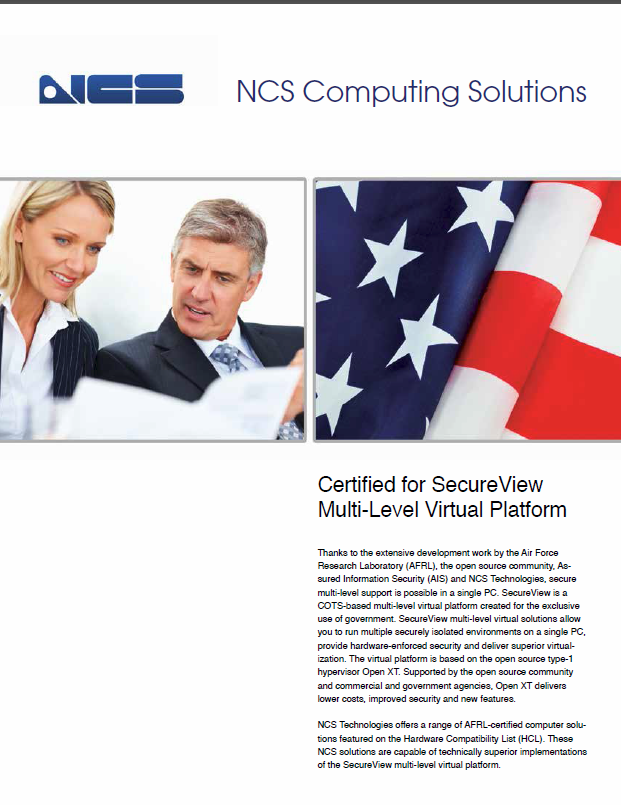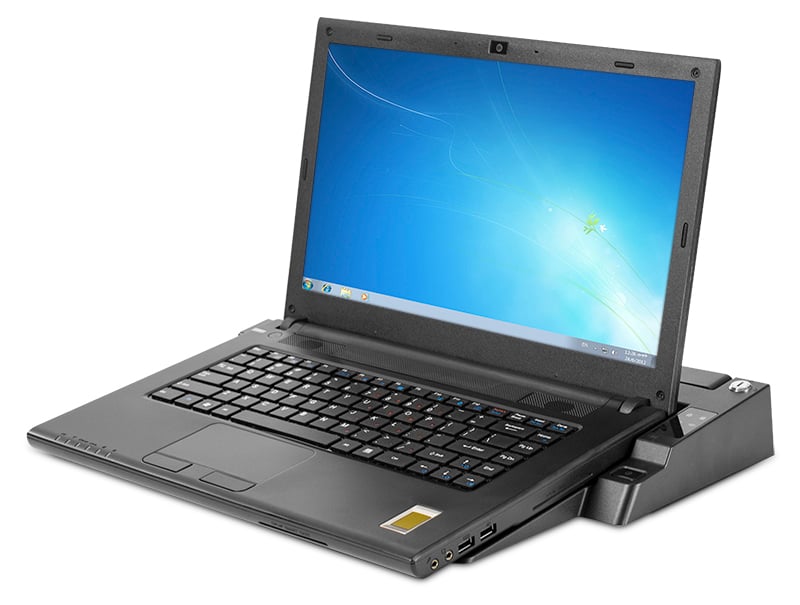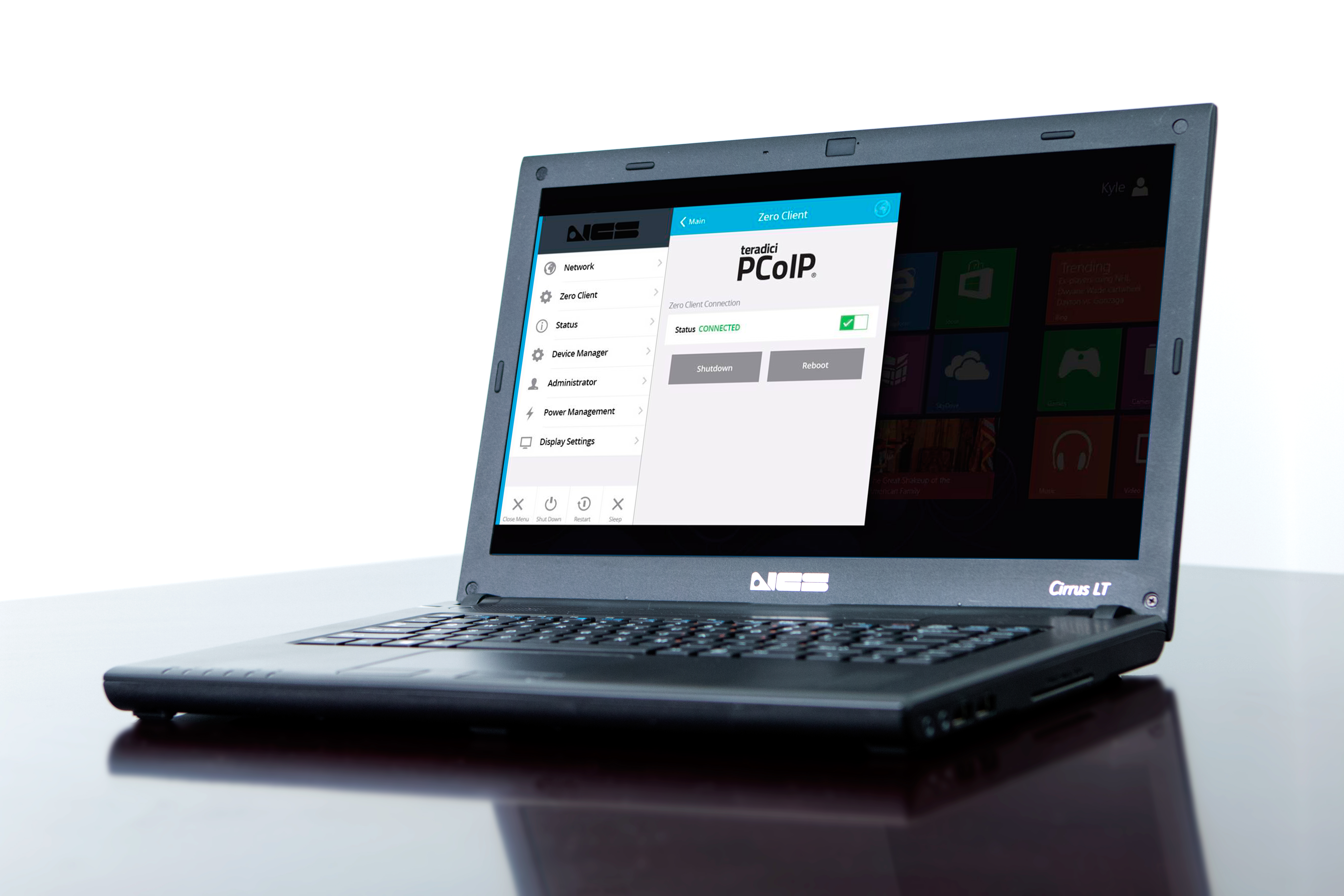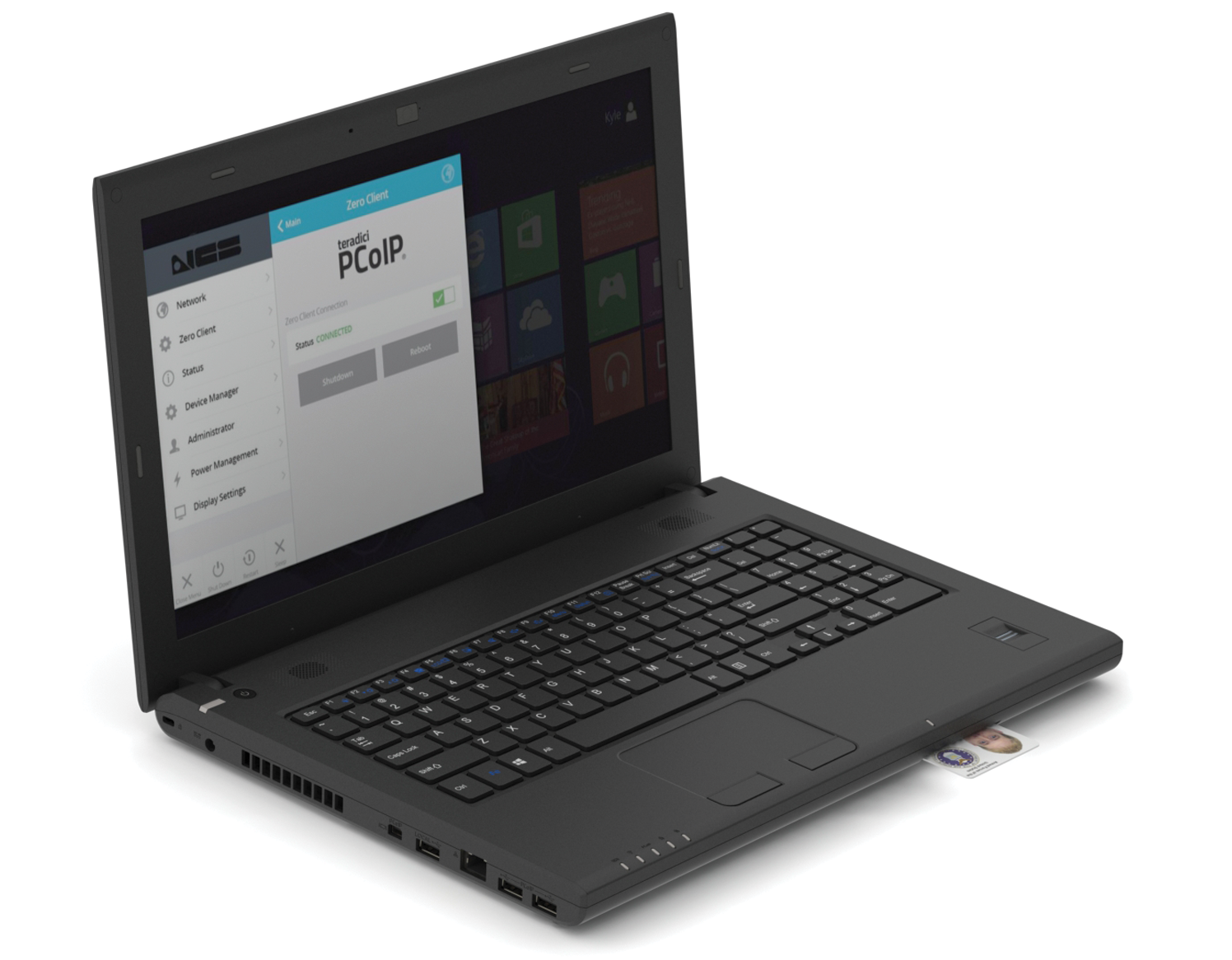SecureView Is Becoming Increasingly Popular
Many government employees use the Internet, and more secure networks such as NIPRNet (private IP network), SIPRNet (classified), and JWICS (top secret). Some agencies mandate dedicated PCs for specific communications tasks. But there is a more efficient way to access multiple secure networks. Many agencies now use multiple guest Virtual Machines (VMs) on a single PC or workstation to access different classification levels. These agencies use SecureView, developed by the Air Force Research Laboratory (AFRL) and implemented by NCS Technologies.
Read More
Topics:
SecureView,
virtualization,
security,
government
10th Annual Small Business Procurement Conference
The Social Security Administation Thursday hosted its tenth annual procurement conference at the Mikulski Auditorium, Baltimore. The conference focused on providing updates on its Socio-Economic Programs and discussed Initiatives for Digital Services. The conference is an annual event that allows small businesses to engage with contract representatives, SSA employees, contractors and other agencies.
Read More
Topics:
VDI,
virtualization,
security,
zeroclients,
manageability
Users Ponder the Alternatives
The one-day VMware expo Carolina VMUG UserCon is now over, having attracted hundreds of attendees in Charlotte yesterday. NCS staff attending the show met with nearly everyone and report that attendees were very interested in NCS virtual desktop solutions. As expected at VMUG events, sophisticated VMware users expressed hard requirements for improving manageability, driving down cost of ownership and improving security. In all of these metrics, zero clients from NCS Technologies outperform thin clients from the Tier One PC vendors.
An underlying thread to many of the discussions was an interest on the best remote display protocol to implement. Users are aware of choices including Remote Desktop Protocol, PCoIP, Blast and HDX. For the VMware environment, many agreed that RDP, HDX and Blast lacked the fuctionality required to deliver the full PC experience, and the consistency and manageability IT managers prefer.
Read More
Topics:
VDI,
virtualization,
security,
zeroclients,
government,
manageability,
thinclients
PCoIP Shines in Both Virtual Desktop and Cloud Environments
Looking back at this very busy month, NCS executives spent a significant amount of time at government agencies, military bases, hospitals, at commercial establishments and participating at trade shows, promoting the ins-and-outs of desktop virtualization. At each stop we continue to find strong interest in PCoIP technology and in NCS zero client solutions, and curiosity about how they measure up against thin clients from the major PC brands.
These customers are becoming more aware every day that thin clients used for virtualization come with significant disadvanges. As they become experienced with thin clients, they are turned off that they are complex to administer. Thin clients often include a small hard drive, an embedded operating system and some memory. They are complex and expensive to use over the long run.
PCoIP zero clients, in contrast, use an integrated purpose-built processor (from Teradici) that does image decompression and decoding, transmitting pixels instead of data. A zero client PC does not need a general purpose CPU, local storage or an application operating system. PCoIP zero clients are secure and easy to manage and deliver low cost of ownership.
Read More
Topics:
PCoIP,
virtualization,
security,
zeroclients,
government,
manageability,
thinclients
The Trend Points to SecureView
There are a range of networks that government employees use that offer various levels of security protection. Examples include the Internet, NIPRNet (private IP network), SIPRNet (classified), and JWICS (top secret). Some agencies make available multiple dedicated PCs for specific communications tasks. A trend, however, is for the realization of superior security that is up to date and cost efficient. A growing number of agencies use multiple guest Virtual Machines (VMs) on a single PC or workstation to access different classification levels. These agencies are turning to SecureView for government, developed by the Air Force Research Laboratory (AFRL) and implemented by NCS Technologies.
Read More
Topics:
SecureView,
virtualization,
security,
government
Modernize Access to Secure Government Networks With SecureView
Many government military and intelligence analysts need to routinely access multiple networks of varying security, depending on a work task. Networks are known for the level of security needed or provided. Network examples include the Internet, NIPRNet (private IP network), SIPRNet (classified), and JWICS (top secret). Some agencies use dedicated PCs for specific networking..
The trend, however, is modernization and simplication of the old network-access model. Today, more and more agencies use multiple guest Virtual Machines (VMs) to access different classification levels. These agencies are turning to SecureView for government, developed by the Air Force Research Laboratory (AFRL).
Read More
Topics:
SecureView,
virtualization,
security
Breakthrough, Super Secure, Remote Access Technology
Getting out of the office and talking to customers and end users quickly grounds you with exposure to real day-to-day issues. For those of us actively promoting virtualization technologies and solutions, it's easy to forget that for busy IT administrators, virtualization is just one of their many daily challenges.
Attending a user group this week reminds me that for many IT administrators, it is still murky to tell the difference between thin client end points and zero clients.
Read More
Topics:
VDI,
virtualization,
security,
zeroclients,
government,
manageability,
thinclients
Security Where It's Needed Most
We are approaching the weekend when most people make at least a few resolutions for the months ahead. Why not resolve for the New Year to implement VDI for more efficient end point security?
Simply put: having a "thin client" strategy is not good enough. A thin client, a PC with a very small capacity hard drive and minimal local memory, is a halfway measure. A thin client retains some kind of OS, such as Windows Embedded™ or a customized Linux OS. Administrators hope that thin clients will be easier to administer and be lower in cost than traditional PCs. The reality is that by retaining a small OS, however, thin clients may remain more vulnerable to security exploitation and actually add to administrative complexity.
That's why many IT administrators now implement zero clients, which offer the most secure and easy-to-administer VDI option available. Zero clients are the next generation of desktop VDI.
A zero client has no local OS. The operating system resides in the data center. Therefore, there is no persistent user data, no patches, updates or antivirus software needed.
NCS Technologies is the industry authority on zero clients. Key advantages of zero clients from NCS are:
- Mobile, portable (WiFi enabled) or desktop choices
- NSA Suite B security
- AES-256 encryption
- No hard drive
- No OS
- No local storage
- No persistent user data
- No antivirus needed
Read More
Topics:
VDI,
virtualization,
security,
zeroclients,
government,
manageability
Fully Featured Zero Clients For Every Business Need
With Thanksgiving and the holiday season approaching, everyone is hardwired by the "Black Friday" advertising mentality to be thinking about choices: what are the right products at the best price usable in the most efficient way?
In the area of PC virtualization, the same critcal thinking is useful. For many IT administrators, virtualizing a desktop or laptop seems fairly straightforward: the "right product" has traditionally been a thin client, a PC with a very small capacity hard drive and minimal local memory. A thin client retains some kind of OS, such as Windows Embedded™ or a customized Linus OS. Administrators hope that thin clients will be easier to administer and be lower in cost than traditional PCs. The reality is that by retaining a small OS, however, thin clients may remain more vulnerable to security exploitation and actually add to complexity of IT adminstration.
That's why many now believe that zero clients offer the most secure and easy-to-administer virtual desktop infrastructure (VDI) option available. Zero clients are the next generation of desktop VDI.
A zero client has no local OS. The operating system resides in the data center. Therefore, there is no persistent user data, no patches, updates or antivirus software needed.
NCS Technologies is the industry authority on zero clients. Key advantages of zero clients from NCS are:
- Mobile, portable or desktop choices
- NSA Suite B security
- AES-256 encryption
- No hard drive
- No OS
- No local storage
- No persistent user data
- No antivirus needed
Read More
Topics:
VDI,
virtualization,
security,
zeroclients,
government,
manageability
Zero Client End Points Draws Strong Interest
Modern Day Marine ended Thursday at Marine Corps Base, Quantico, and despite the dreary weather, the huge white pavilions set up on the scenic parade grounds were energizing beehives of activity as visitors sought out information about the latest IT and tactical technologies. The NCS booth in the first pavilion was constantly busy as we showcased of range of innovative IT technologies, including the rugged Bunker XRV-5241 IU short-depth server; a transit case of deployable, end-to-end Virtual Desktop Infrastructure which featured rugged Getac servers and end points; and the comprehensive portfolio of NCS Cirrus zero client desktop and laptop solutions.
While visitors took an interest in all of our products, it was especially gratifying to see the impressive level of awareness that visitors had about virtualization in general, the VMware ecosystem and the plusses and minuses of thin clients versus zero clients.
Read More
Topics:
VDI,
virtualization,
security,
zeroclients,
government,
manageability






